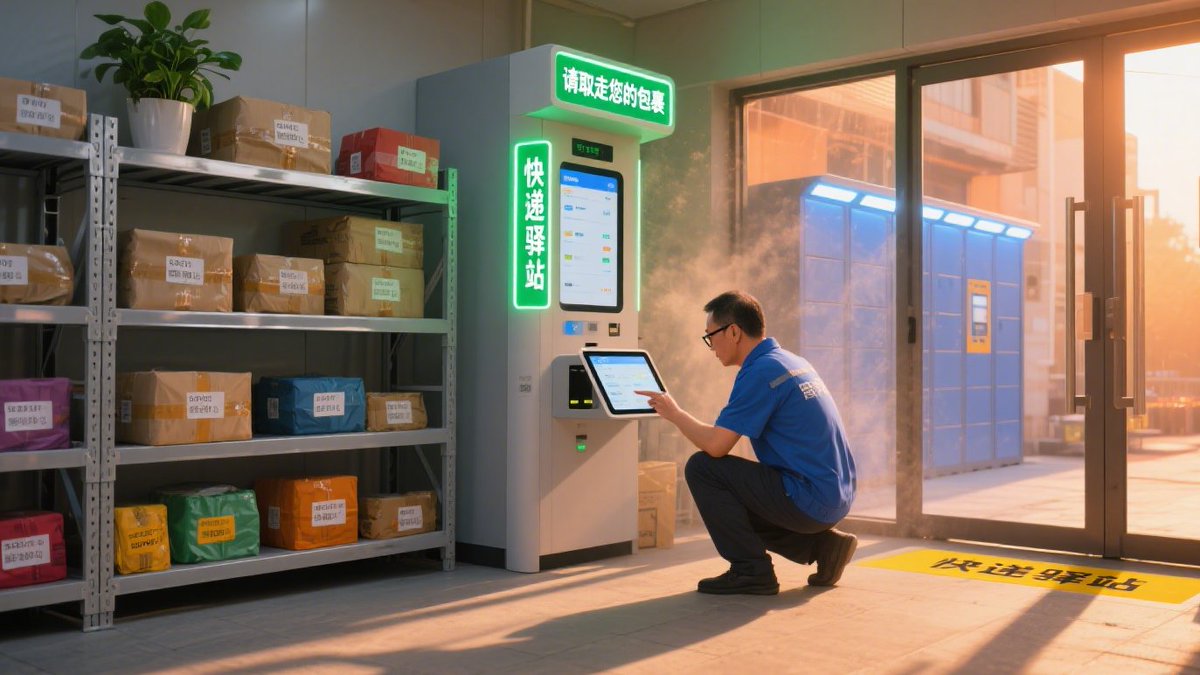The community express delivery station opened early in the morning, with neatly arranged packages waiting to be picked up on the shelves. The station manager was debugging the newly installed smart shelf system, and I noticed a familiar logo in the corner of the display screen—@theblessnetwork's node program was running.
"This system can now earn electricity costs by itself," the station manager explained with a smile, "when it's idle, it helps process some logistics data." He took out his phone to show me the earnings record; over the past month, the three devices in the station have already covered one-third of the operating costs.
What makes this project most valuable is its approach to implementing technology. There’s no need for additional investment; existing electronic devices in ordinary shops—cash registers, surveillance cameras, and even electronic price tags—can contribute computing power simply by installing a lightweight client when they are idle. @theblessnetwork's elastic computing framework automatically adapts to various hardware, making full use of everything from high-end servers to IoT terminals.
The smart delivery cabinet in the station emitted a prompt sound. As the recipient entered the verification code, the cabinet's processor was simultaneously verifying blockchain transactions. This design does not interfere with the main function while ensuring that every bit of computing resource is fully utilized. As the station manager said: "It's like having a partner that earns money by itself; the work continues, and it can generate extra income."
By noon, more people began to come to pick up their packages. Watching the residents skillfully operate various smart devices, I suddenly realized that @theblessnetwork is reshaping our understanding of computing resources. In this digital age, every ordinary person's electronic device can become part of a value network, and all we need to do is allow them to play a greater role when they are idle.
@theblessnetwork @kaito #kaito
Show original
32.54K
102
The content on this page is provided by third parties. Unless otherwise stated, OKX is not the author of the cited article(s) and does not claim any copyright in the materials. The content is provided for informational purposes only and does not represent the views of OKX. It is not intended to be an endorsement of any kind and should not be considered investment advice or a solicitation to buy or sell digital assets. To the extent generative AI is utilized to provide summaries or other information, such AI generated content may be inaccurate or inconsistent. Please read the linked article for more details and information. OKX is not responsible for content hosted on third party sites. Digital asset holdings, including stablecoins and NFTs, involve a high degree of risk and can fluctuate greatly. You should carefully consider whether trading or holding digital assets is suitable for you in light of your financial condition.

